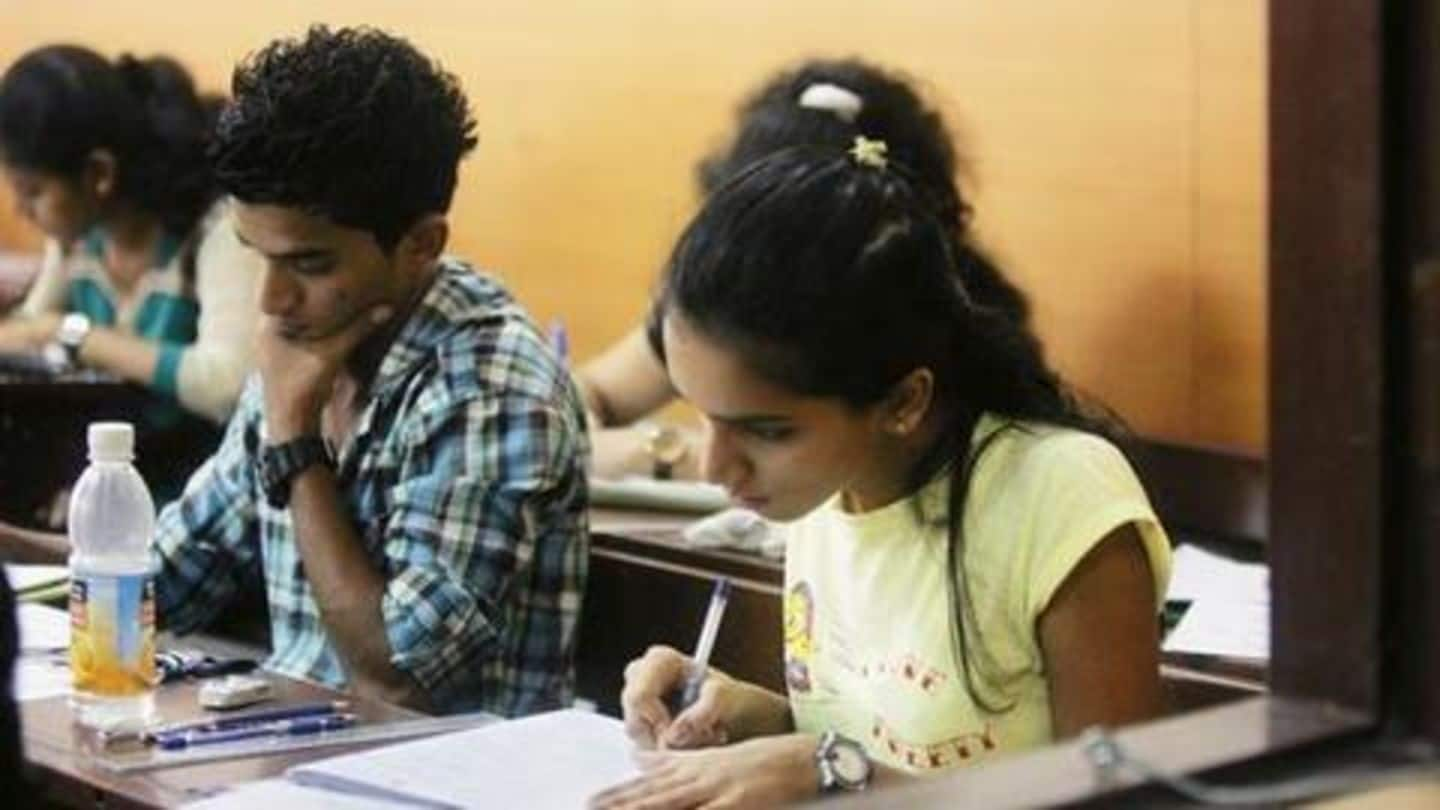
#CareerBytes: Tips to solve integer-type questions in JEE Main 2020
What's the story
Joint Entrance Examination (JEE) Main is one of the country's most popular engineering entrance exams conducted for admission to top technical institutes. The National Testing Agency (NTA) has announced some changes to the JEE Main 2020 exam pattern as well as introduced new integer-type questions in the paper. To help JEE aspirants prepare for and solve the integer-type questions, here are some expert tips.
Changes
Details about the changes made to JEE Main pattern
According to the new pattern, there will be only 25 questions - 20 MCQs and five integer-type questions - instead of 30 MCQs in each subject (Mathematics, Physics, and Chemistry). Meanwhile, the number of questions in the drawing paper (for B.Arch) has been decreased to two from three. Also, there will be an aptitude test for 50 marks (B.Arch and B. Planning).
Details
No negative marking for integer-type questions
Unlike MCQs, integer-type questions will have no options; for these questions, the answer will always be an integer. A major relief for students in the latest JEE Main Paper pattern is, there will be no negative marking for integer-type questions. The marking scheme for MCQs will remain the same - four marks for each correct answer and one mark deduction for every wrong answer.
Tips #1
Some expert tips to prepare for JEE Main integer-type questions
Experts advise JEE aspirants to focus more on learning all the concepts thoroughly and understanding the logic behind them instead of simply mugging them up. Revising the syllabus in a chapter-wise and topic-wise manner is also helpful. Aspirants should also keep a list of important formulae handy, which will be useful for last-minute revision.
Tips #2
Tips to tackle integer format questions during the exam
According to experts, candidates should make an instant decision during the exam whether they should solve integer-type questions. Though these questions don't have negative marking, one shouldn't solve them if they're unsure as it could waste their time. Candidates should read the questions carefully before answering them. Experts say candidates should prefer solving questions with numbers over those which require equations to be formed.
Information
Tips #3: Practise solving integer-type questions from JEE-Advanced papers
Solving integer format questions from previous years' JEE Advanced papers can help candidates in getting familiar with the pattern of the newly-introduced questions. Also, taking new pattern mock tests from reliable sources will help them analyze their performance and improve accordingly.